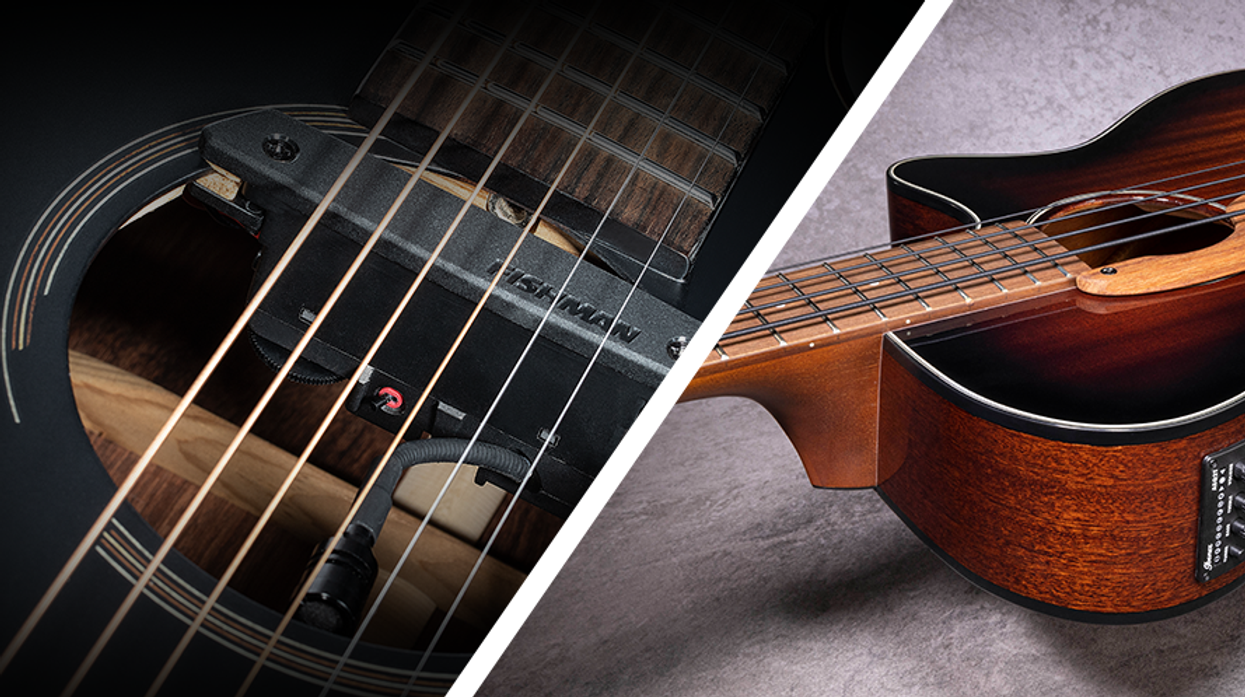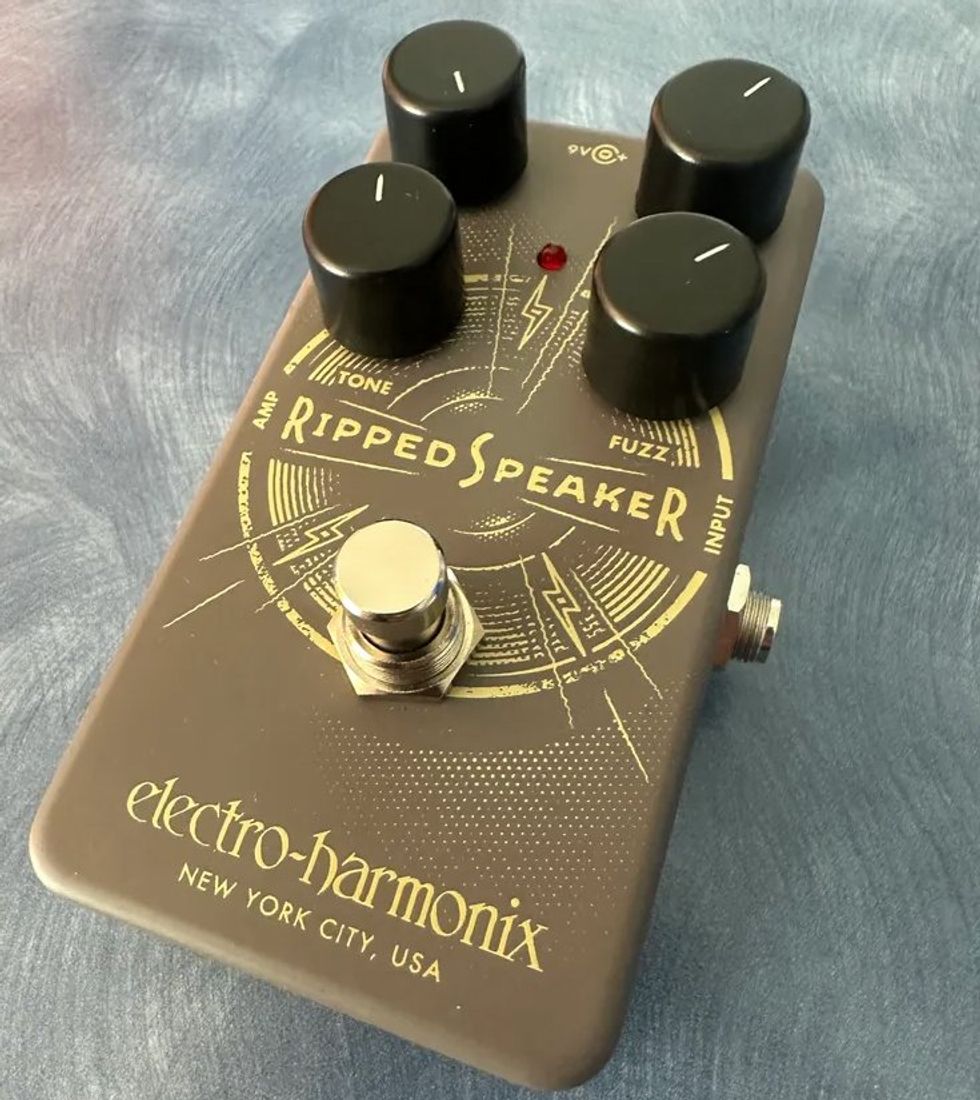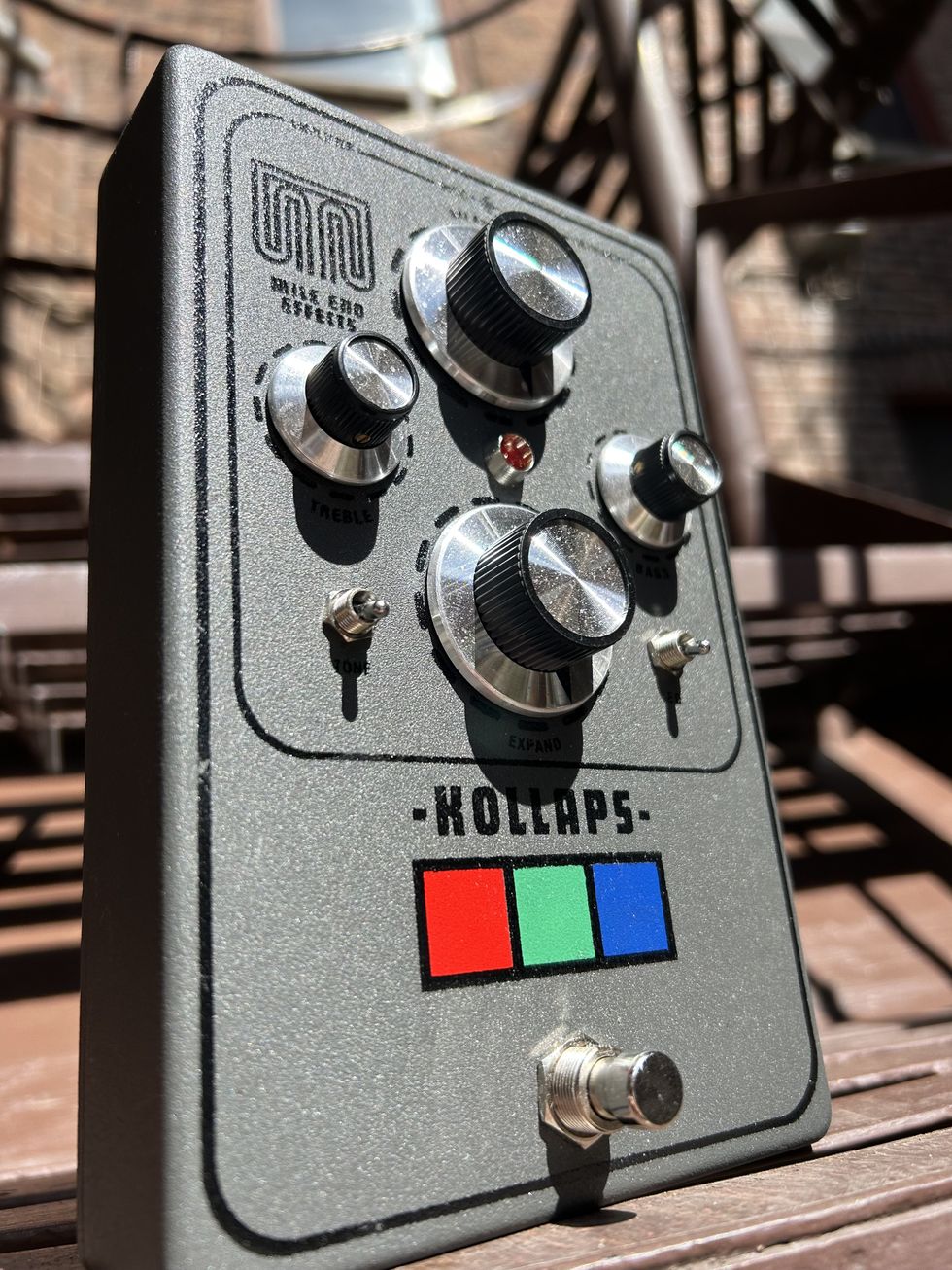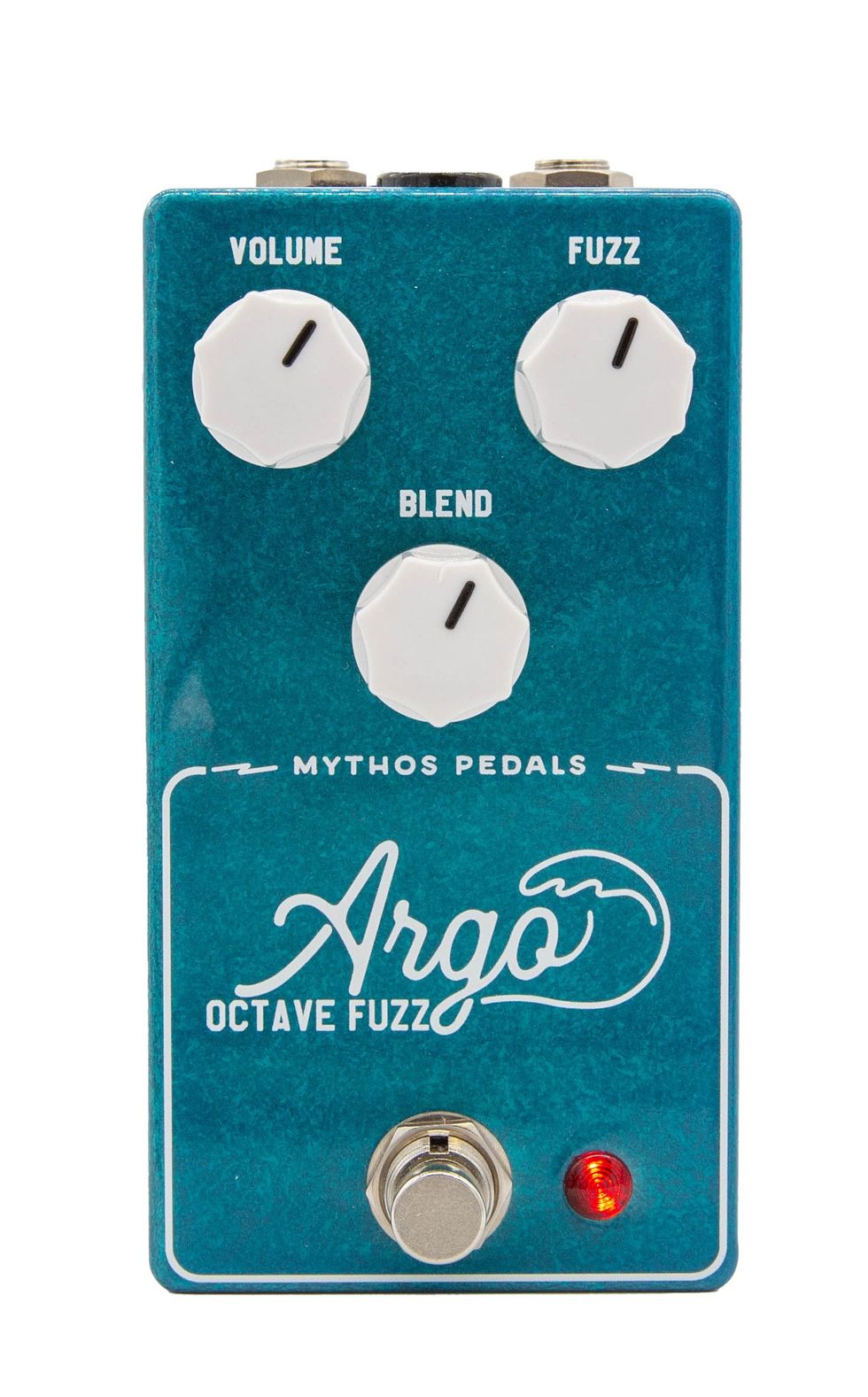Belo Horizonte, Brazil (December 15, 2016) -- Adding to the company’s well-established line of boutique guitar pedals, Stomp Audio Labs has unveiled their new effect, the Octopus, an analog octaver. The Octopus is a monophonic octave pedal that uses an analog circuit to produce lower and higher octaves. That is, your signal is never converted into zeros. The octave-down is a strong, full-bodied bass as the octave-up is a sharp treble.
As it is monophonic, it traces one note at a time - especially when using the lower octave. The truth is, you will not need to play more notes when it’s playing for you, filling the sound spectrum with its octaves and their harmonics. It traces skillfully the largest part of the scale, especially the area between the 5th and 17th houses, which respond very well to both octaves. Also a stunner on the bass, generating that sub-grave staggering bass.
The sound of Octopus is absolutely more interesting than all the digital octavers out there. It’s bass octave is insanely fat and organic, it really sounds like a strong bass, or a 2.5 to 5.4 magnitude earthquake depending on the frequency. The sound of its treble octave goes from a behaved tone to that strident octave, well noticed and full of harmonics, more like a '60s fuzz. This natural versatility contrasts with the tone of digital octavers, that sound artificial and sterile.
All controls are very intuitive: there is one volume control for each octave and a mix of the clean signal with the complete octaved signal. That way you can put exactly how much of every octave you want. In addition, each octave has a small button that changes its mode, going from clean to dirty.
With the octave-up, the sound has a bit of a drive, but it’s still well behaved. When you press the button, the Fuzz mode is turned on, it generates a LOT of gain on that drive, turning that octave into an octafuzz that is sent right back to the psychedelic solos of the '60s.
With the octave-down, the sound is naturally very clean, it organically reproduces the tone of each instrument and their peculiarities. When the button is pressed, the Synth mode is turned on, the octaved signal becomes a square wave, super compressed and full of harmonics. This tone comes straight from the '70s analog synthesizers, which use the same kind of sound-generating technology, ranging from a crazy fuzz to an 8-bit video game from the '90s. Either way, you can still select the amount of the octave you want in your signal, depending on your taste.
The Octopus is a pedal with an interesting and unique sound, it manages to be versatile enough to create a very clean and subtle octaves, until some exotic alien sounds.
For more information:
Stomp Audio Labs



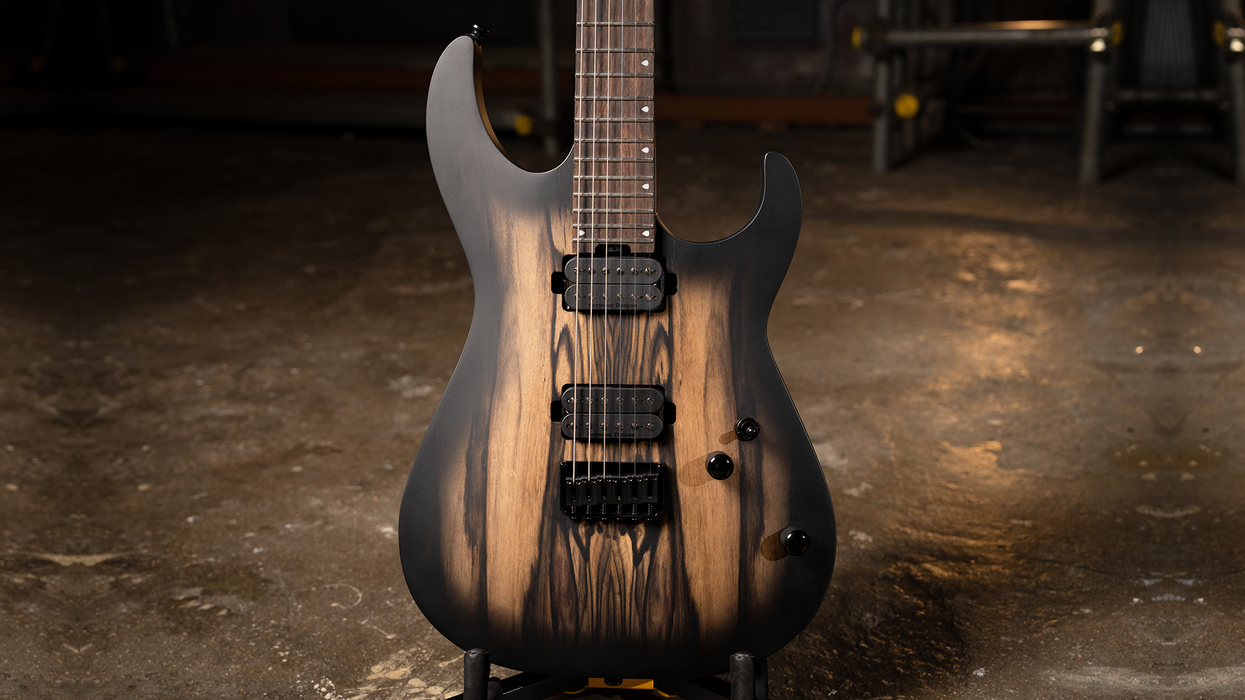


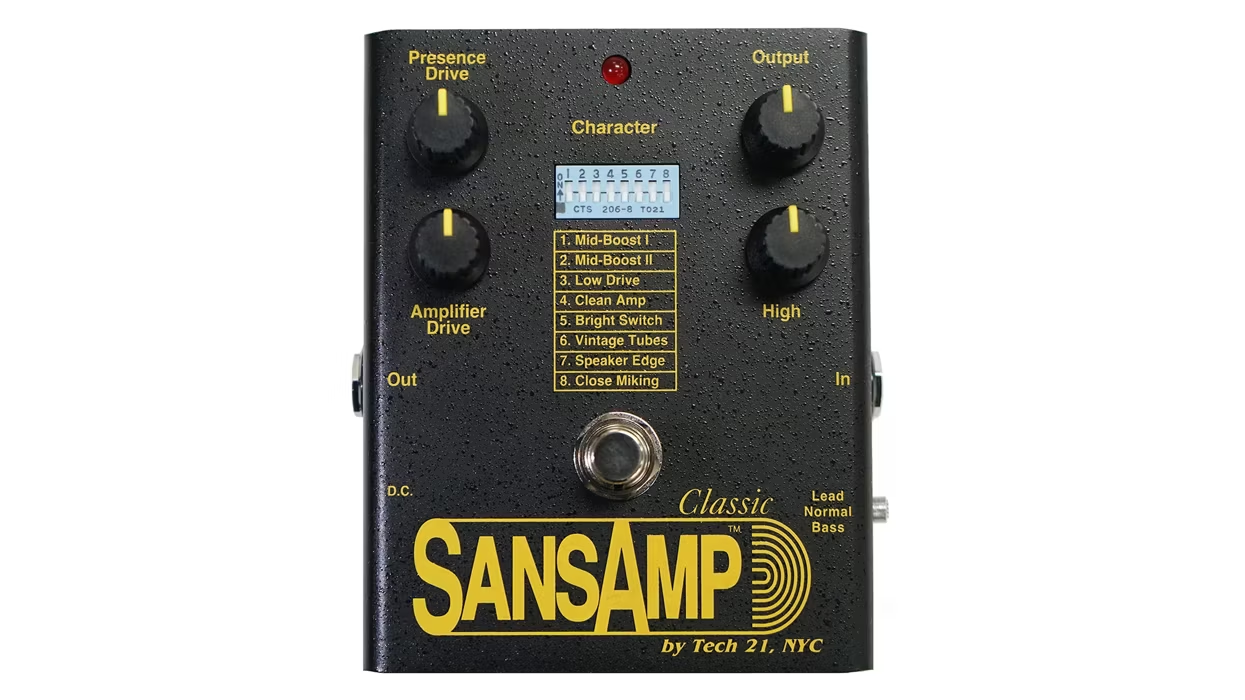

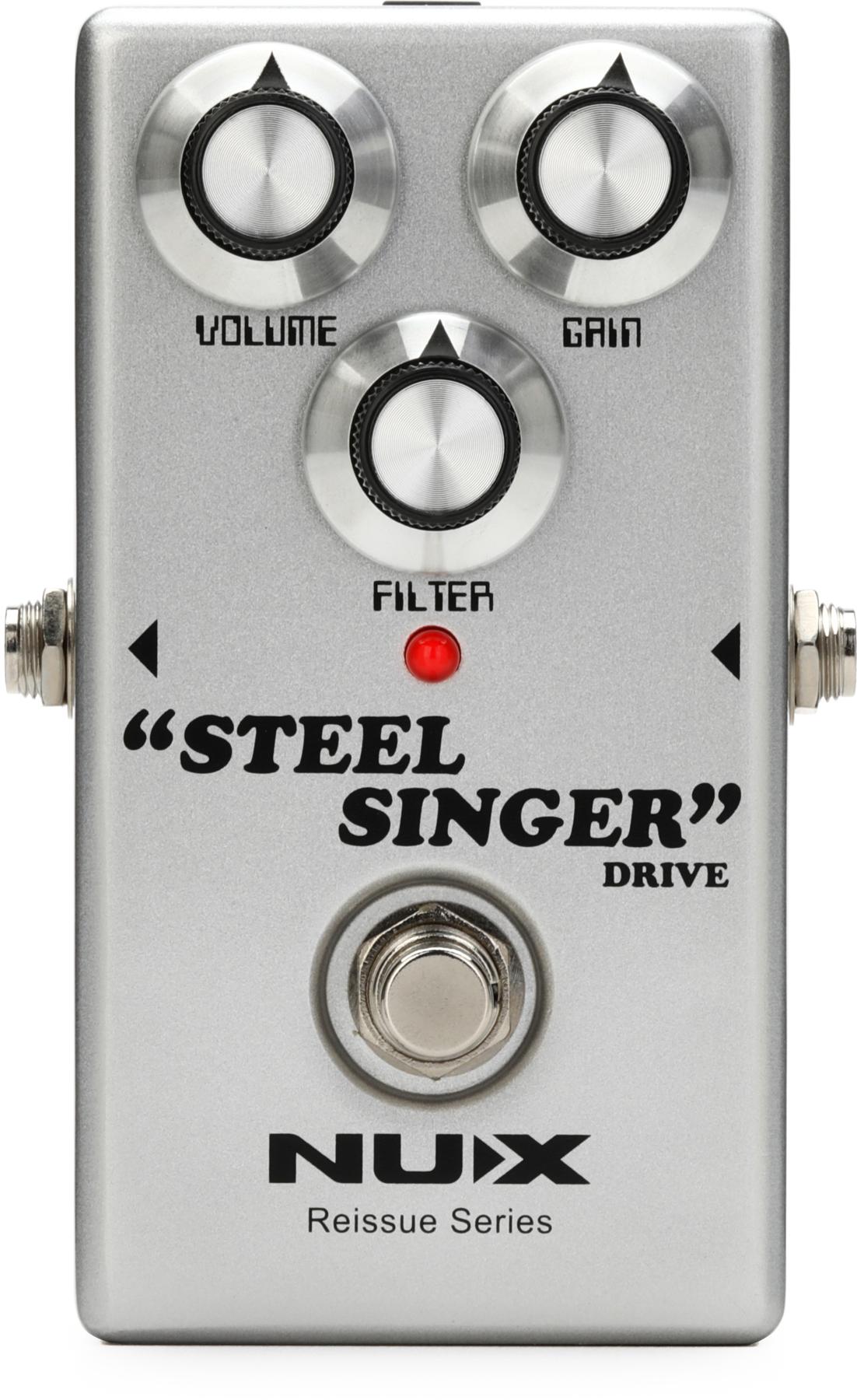


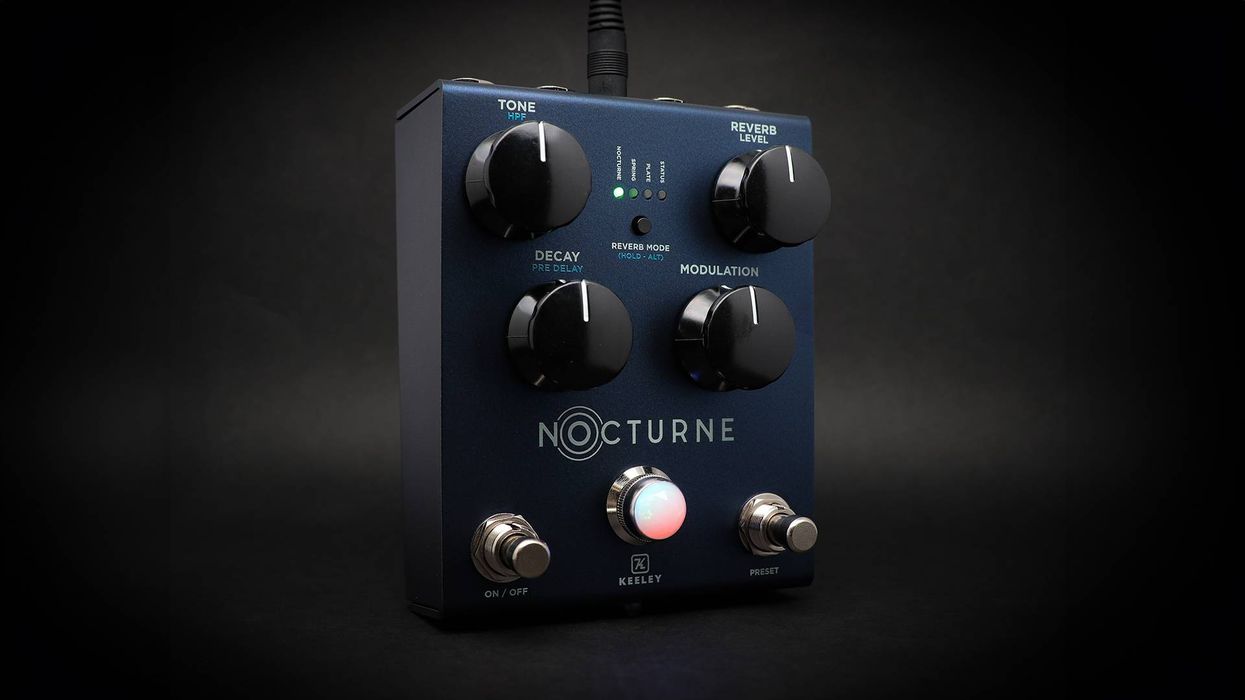
![Rig Rundown: Russian Circles’ Mike Sullivan [2025]](https://www.premierguitar.com/media-library/youtube.jpg?id=62303631&width=1245&height=700&quality=70&coordinates=0%2C0%2C0%2C0)

